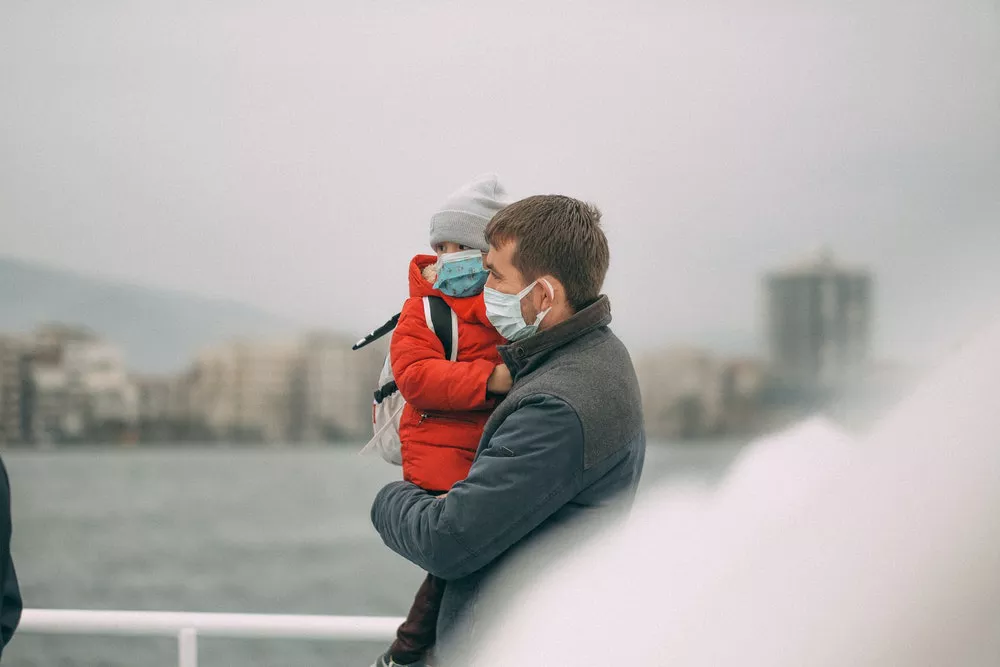1.Catching a cold can cause a cold
Fall and winter are the peak season for colds, which doesn't mean that colds are caused by the cold weather. However, it has been medically proven that most colds are caused by viral infections. The cold environment does speed up the replication of cold viruses, but there is no clear evidence that cold weather can directly cause cold.
2.Sneezing = having a cold
A cold can lead to edema congestion of the nasal mucosa and increased nasal secretions, which can trigger sneezing. But expect for cold, such conditions of strong light, cold air can also cause sneezing.
3. taking medicine is necessary for cold
Cold is a self-limiting disease, whether or not to use drugs, the course of the disease progresses to a week while most colds can be self-cured. For children, the effect of cold medicine is not exact, and the side effects are even greater.
4.having colds frequently= with low immunity
Infectious diseases, including colds, are more likely to occur if a child has an immune deficiency. In fact, the average young child will have 6-8 colds per year, and 10-15% of children will have at least 12 colds per year, so it is normal to have a cold at the age of 1-2 month.
5. Colds can develop into pneumonia
Cold and pneumonia are not causally related. The susceptibility to pneumonia is mainly determined by their own conditions, such as premature birth, low age children, presence of airway malformation, with cardiopulmonary insufficiency, or accompanied by immune deficiency. And there is no direct relationship with whether or not you have a cold.
6. the use of antibiotics can prevent bacterial infections
The use of antibiotics without the evidence of bacterial infection, not only can not prevent bacterial infection, but will lead to allergies, diarrhea, drug resistance and other problems, which are more harmful.
7.taking antiviral drugs for cold
Colds are indeed caused by viral infections, and there are more than two hundred kinds of single cold viruses, so that there are no specific antiviral drugs for these viruses.
But it should be noted that influenza is different from the common cold ,which can be treated with available antiviral drugs.
8.taking vitamin C can prevent colds
Vitamin C is also often used to treat and prevent colds, but the effects are not proven. Washing your hands regularly and avoiding close contact with cold patients does reduce the risk of catching a cold.




